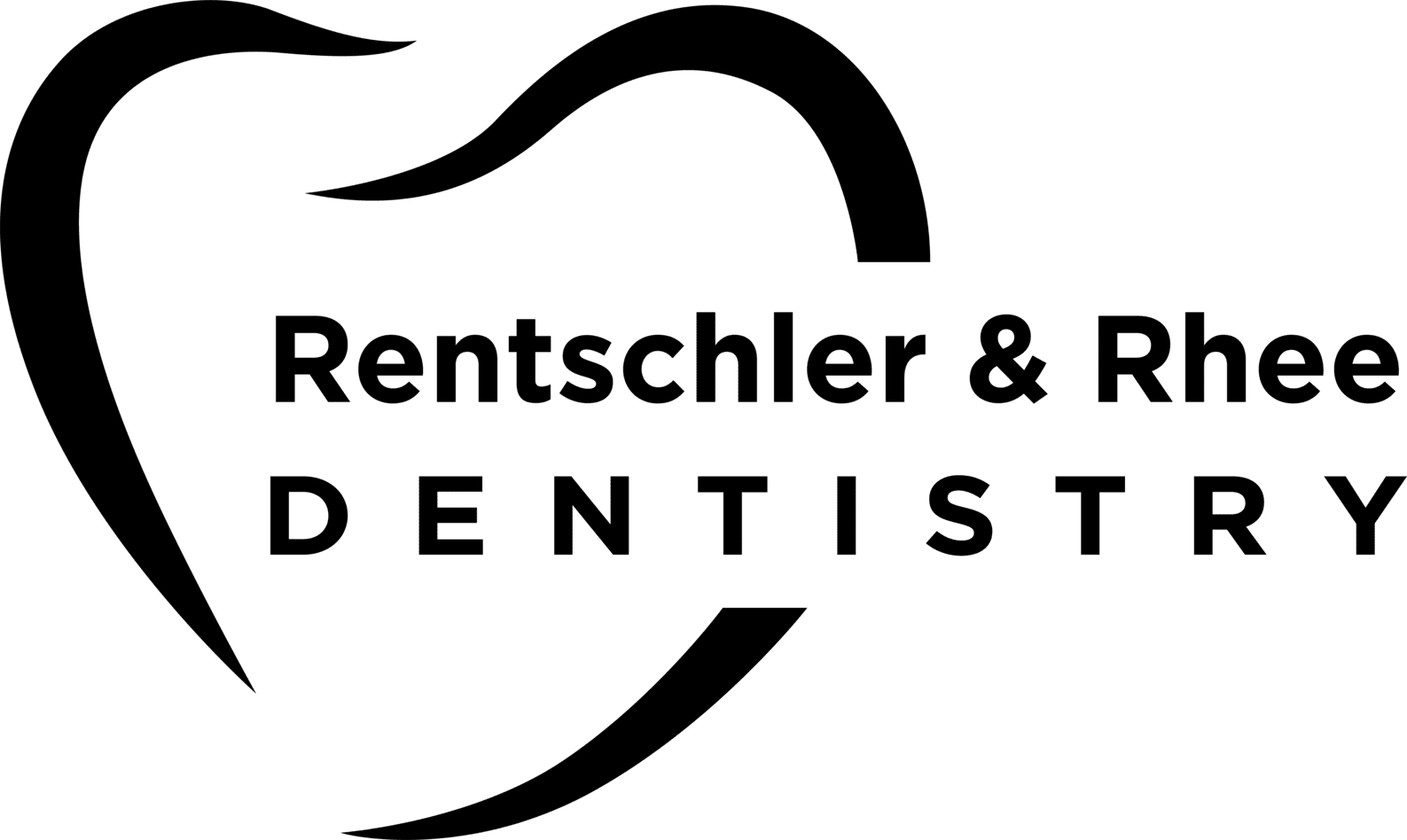Why Air Filtration Matters
In dental practices, maintaining a safe and hygienic environment is essential—not just for oral care but for overall health. Advanced air filtration systems play a critical role in ensuring clean, pathogen-free air for patients and staff. By removing airborne contaminants, these systems enhance safety and comfort, creating a healthier environment for everyone.
Dental procedures can generate aerosols, which may contain bacteria, viruses, and other microscopic particles. Effective air filtration minimizes the risks by:
- Reducing Pathogen Spread: Removes airborne viruses and bacteria, safeguarding against infections.
- Improving Air Quality: Filters out dust, pollen, and allergens, providing comfort to patients with respiratory sensitivities.
- Minimizing Odors: Eliminates unpleasant smells from dental materials, ensuring a more pleasant patient experience.
Air Filtration Technology in Dental Clinics
- HEPA Filtration: High-Efficiency Particulate Air (HEPA) filters trap 99.97% of particles as small as 0.3 microns, including bacteria and allergens.
- UV-C Light: Neutralizes airborne pathogens by breaking down their DNA, effectively sterilizing the air.
- Activated Carbon Filters: Absorbs chemical fumes and odors, improving air freshness.
- Negative Ion Generators: Attract and neutralize harmful particles, enhancing air cleanliness.
Benefits for Dental Patients and Staff
- Enhanced Patient Comfort: Cleaner air helps patients feel at ease during their visits.
- Protection Against Aerosol Risks: Reduces the chance of infection from airborne particles during procedures.
- Healthier Workplace: Protects dental professionals by maintaining a clean, pathogen-free environment.
- Compliance with Regulations: Meets strict air quality and safety standards required in healthcare settings.
Implementing Air Filtration in Your Practice
To ensure maximum effectiveness, dental clinics should:
- Use medical-grade HEPA filters capable of handling high aerosol volumes.
- Install strategically placed filtration units to cover treatment areas comprehensively.
- Conduct regular maintenance to ensure filters operate at peak efficiency.
- Educate staff and patients on the importance of air quality in maintaining health and safety.
Breathe Easier in a Cleaner, Safer Environment
At Rentschler and Rhee Dentistry, your health and comfort go beyond your smile. Our advanced air filtration systems are designed to eliminate airborne pathogens, allergens, and odors, creating a cleaner and more protected space for both patients and staff. From HEPA filtration to UV-C light and carbon filters, every detail is in place to support a safer dental experience. Come breathe the difference that clean air makes.


